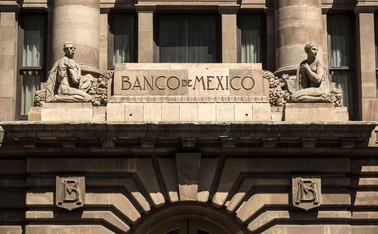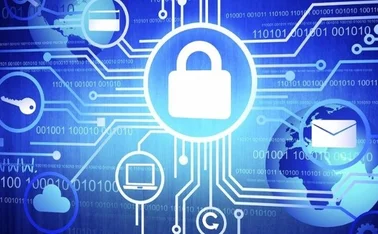
HKMA promotes 'entirely paperless' e-cheques in PR push
Central bank to raise awareness through multimedia infomercials ahead of December 7 launch

The Hong Kong Monetary Authority (HKMA) has launched a campaign to encourage bank customers to use the city's new e-cheque service, slated to go live on December 7.
The publicity push, launched today (November 23) by the central bank in collaboration with the Hong Kong Association of Banks (HKAB), includes TV, radio, and online infomercials.
The campaign will "help the public to better understand the key features" of e-cheques and their "significant advantages" over traditional paper cheques, HKMA deputy chief executive Peter Pang said in a statement.
The HKMA has been working with commercial banks since 2013 to develop the infrastructure for electronic cheques. "The implementation of [e-cheques] will lead Hong Kong into a new era of electronic payment," Pang said.
The central bank hopes to come up with a credible alternative to traditional paper cheques, which, despite their relative inefficiencies and outsized processing costs, remain a popular means of payment in one of the world's major financial hubs.
Helen Wong, head of Greater China at HSBC and HKAB chair, described the new cheques as "an important development in Hong Kong's financial infrastructure".
Reality cheque
Hong Kongers issue roughly 150 million paper cheques annually, a third of them within one bank, or outside the central clearing system. Banks spend an estimated HK$2 billion ($260 million) per year on processing them, or HK$15 ($2) per cheque.
"The automated processing of e-cheques obviates many of the cumbersome procedures to process paper cheques," said HKMA chief executive Norman Chan in an article on the HKMA website last month.
"Using e-cheque also helps protect the environment," he added. "If half of the paper cheques are replaced by e-cheque, we save 18 million sheets of paper or 1,800 trees, which in turn reduce 130 tonnes of carbon dioxide emission every year."
Electronic cheques work and look like traditional paper cheques but are written, deposited, and processed online.
Variations on the service exist in multiple countries, including China, France, India and the US. Unlike these systems, however, which allow people to take and send digital photos of ordinary paper cheques, the Hong Kong service will rely on PDF forms that can be accessed online.
Customers can sign up for the e-cheque service through their internet banking accounts and apply for a digital certificate to sign cheques.
"Paying with e-cheques will be an entirely paperless experience," the HKMA says. "It removes the need of physical cheque book."
Dollars and renminbi
The e-cheque book is kept by the paying bank, which also keeps an issuance record allowing it to verify the cheque's authenticity.
"An e-cheque carries more stringent security features than a physical cheque," Chan noted last month. "It is signed with a highly secure digital signature supported by public key infrastructure (PKI) technology, which can prevent any tampering with the information on an e-cheque."
Customers will be able to write and deposit cheques in Hong Kong dollar, US dollar and renminbi, according to the HKMA. Several Hong Kong banks already allow customers to withdraw the Chinese currency from regular ATMs.
Nine banks – Agricultural Bank of China, Bank of China, Chiyu, Fubon Bank, Hang Seng Bank, Nanyang Commercial Bank, Bank of East Asia, HSBC, and Wing Lung Bank – will offer the e-cheque service on their online and mobile banking platforms from December 7.
The number of banks offering electronic cheques is expected to "increase gradually", according to the HKMA.
The central bank will also continue to explore the possibility of expanding the application of e-cheques to other areas, including e-commerce and cross-border transactions.
Only users who have a paid subscription or are part of a corporate subscription are able to print or copy content.
To access these options, along with all other subscription benefits, please contact info@centralbanking.com or view our subscription options here: http://subscriptions.centralbanking.com/subscribe
You are currently unable to print this content. Please contact info@centralbanking.com to find out more.
You are currently unable to copy this content. Please contact info@centralbanking.com to find out more.
Copyright Infopro Digital Limited. All rights reserved.
As outlined in our terms and conditions, https://www.infopro-digital.com/terms-and-conditions/subscriptions/ (point 2.4), printing is limited to a single copy.
If you would like to purchase additional rights please email info@centralbanking.com
Copyright Infopro Digital Limited. All rights reserved.
You may share this content using our article tools. As outlined in our terms and conditions, https://www.infopro-digital.com/terms-and-conditions/subscriptions/ (clause 2.4), an Authorised User may only make one copy of the materials for their own personal use. You must also comply with the restrictions in clause 2.5.
If you would like to purchase additional rights please email info@centralbanking.com






